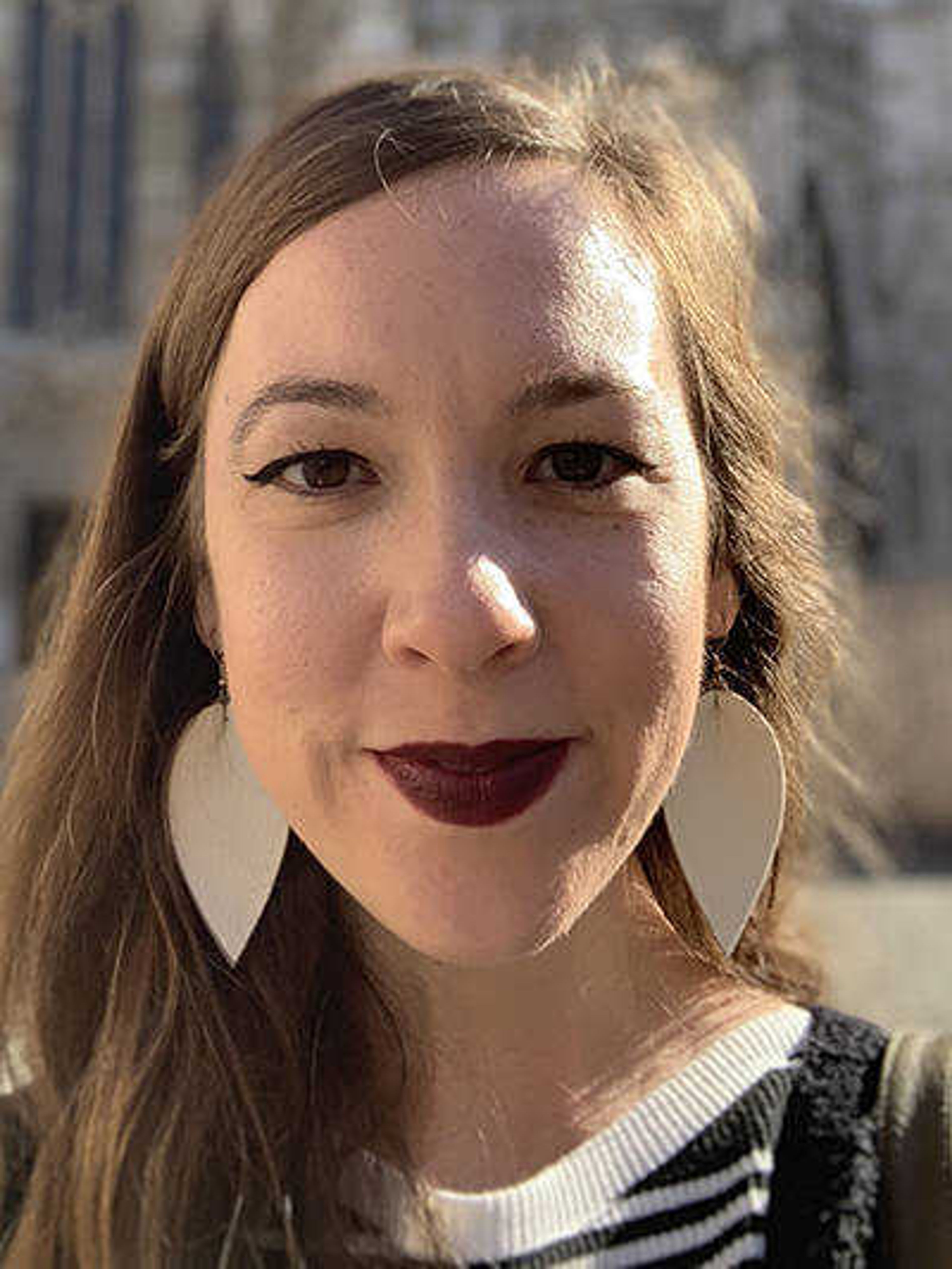Lazarus: A story for mind, heart and body
I love the story of Lazarus being raised from the dead in John 11:1-44. I love it because I get to read about people Jesus loved personally, and see his interactions with them. I get to see how he loved Martha and Mary, how he valued them, how he treated them as equals and required the men around him to do the same. I love the agency, boldness and honesty with which these women speak with Christ, and I love that our Lord provides for their intellectual, emotional and physical needs...
By Mia Pohlman
I love the story of Lazarus being raised from the dead in John 11:1-44.
I love it because I get to read about people Jesus loved personally, and see his interactions with them. I get to see how he loved Martha and Mary, how he valued them, how he treated them as equals and required the men around him to do the same. I love the agency, boldness and honesty with which these women speak with Christ, and I love that our Lord provides for their intellectual, emotional and physical needs.
Both of Lazarus' sisters say the same thing to the Lord: "If you had been here, my brother would not have died."
It is Jesus' physical presence as healer and provider that they believe in, and they tell him so. They also seem to imply: Why weren't you here? Why weren't you providing for our needs?
Martha receives an intellectual answer -- Jesus reveals himself to her as the resurrection and the life. He chooses her as the person to which he gives the fundamental teaching about the thing we humans can never quite seem to make sense of: death. She is the receiver of this wisdom that is challenging to grasp in its paradox, she is the one who gets to say "Yes" to Jesus, to declare he is the Messiah.
Mary, when she goes to the Lord, receives an emotional response from Jesus -- he shares in her grief with her. Jesus asks only where they've laid him, and then he weeps, too. One of the most human acts our Gospel writers preserve of Jesus -- our God crying -- are tears that are shared with this woman.
John illustrates through these reactions that Jesus provides for our intellectual and emotional needs. So, too, does he provide for our physical ones.
Finally, the women receive their brother, their own flesh and blood, back from the dead. He walks out of the cave, face wrapped in cloth, possibly -- as Martha points out -- smelling pretty rank. But, they can hug him again, speak and laugh with him again, eat with him again. His body has been brought back to life, and so his membership makes the body of their family complete again.
These women are evangelists. First, Martha brings Mary to Jesus when she speaks of her own encounter with him, whispering to Mary that he is outside of town.
Then, Mary brings the people grieving with her to the Lord, as she runs towards him. She lets these people love her and doesn't exclude them from her relationship with Jesus; it is her relationship with these people that causes them to follow her to her relationship with Christ. Through seeing Jesus' actions for themselves, these people come to believe in him, even though these were possibly some of the same people who wanted to stone and arrest Jesus for blasphemy when he had been with them before.
I love this story of Lazarus being raised from the dead because through it Jesus shows us that he provides for all our needs, in ways we don't expect or think to ask for, when we seek his presence.
When we seek his presence, other people seek it with and through us, too.
Connect with the Southeast Missourian Newsroom:
For corrections to this story or other insights for the editor, click here. To submit a letter to the editor, click here. To learn about the Southeast Missourian’s AI Policy, click here.










